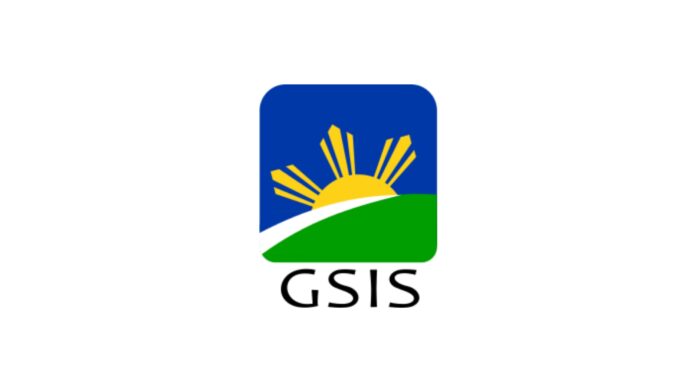Government Service Insurance System is currently reviewing its investment policy, a move intended to maximize the return on P1.55 trillion in assets under management.
GSIS president and general manager Jose Arnulfo “Wick” Veloso told Context.ph in an exclusive interview that the policy review should determine an ideal investment mix in a couple months.
Currently, the state pension fund keeps 40 percent of its investible funds in government securities, 25 percent in blue-chip stocks, 20 percent in project loans, and the balance in real estate.
GSIS now has nearly 2 million members from the public sector, and close to 600,000 old-age pensioners. Last year, the state pension fund reported an unaudited income from operation of P75.79 billion, down from P129.39 billion.
The policy review is necessary, said Veloso, especially if Congress approves a proposal to lower the retirement age of government workers. “Of course it is not for us to question the thoughts of members of Congress…but that’s the impact: It will shorten our fund life,” said Veloso, “That means we have to find better ways of recovering the lost contribution of members.”
“The last thing we would like to do is ask more contributions from our members,” he added.
He said the earlier proposal for the inclusion of the GSIS in the Maharlika Sovereign Wealth Fund—the GSIS has been taken off the list of contributors–would have provided the state pension fund a good opportunity to secure better returns of its investible funds.
A larger wealth fund like Maharlika would have better investment visibility compared with pension funds like the GSIS and the Social Security System, the pension fund for private sector workers.
On its own, Veloso said GSIS has trained its eyes on infrastructure projects such as clean energy and water supply since these offer double-digit returns.
Aside from securing higher investment returns, Veloso said investments in power and water projects also affords the GSIS the opportunity to help in spurring economic activity, especially in the wake of the COVID-19 pandemic.
He said private banks must also do their share in helping stimulate economic activity by lending more to the private sector instead of just parking their considerable funds with the central bank.
Veloso said private banks should revisit their lending policies to allow access to businesses that currently don’t meet risk-based lending regulations.







